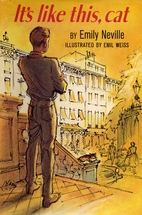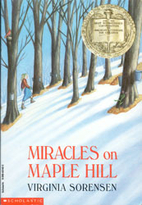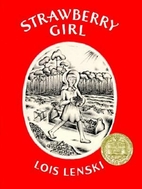Albus Severus Potter is headed off to Hogwarts, and he fears the possibility that he might be sorted into Slytherin. Will he be able to live down his father's legacy? Meanwhile, dark deeds are happening in the wizarding world, and Harry, Ron, and Hermione must face them again, this time as adults.
Meh, it was all right. There were some great moments, but also a lot of head-scratching. Here's what I liked:
-Scorpius -- what a great character!
-The Snape cameo, because Snape. *sigh*
-Delphi Diggory -- she had the right feel for a Harry Potter character, if that makes sense, and so the big reveal of her parentage had the right impact. (However, more on that in the dislikes.)
-The action at the climax -- I can see that being really fantastic on stage, lots of emotion.
Here's what I didn't like:
-It's been said elsewhere, but it's true: the writing felt like fanfic. The characters did not always ring true, details from the original series were fudged (some of those issues are big enough that they will get their own bullet point), and the whole story was preoccupied with the events of the past, so it felt like a rehashing of Goblet of Fire.
-Polyjuice: I don't think Thorne knows how it works. At one point, Albus suggests that they throw some together for immediate use from ingredients in Bathilda's basement. Hasn't anybody read
-Time Turners: This was a mixed bag; I liked that the law they introduced was named after a character mentioned in the original series, but I also thought a lot of the stuff they introduced regarding Time Turners was wayyy too convenient in terms of plot. I found myself wishing that Rowling had explained more in the original series (for instance, it would have been easy for Hermione, in exposition mode, to have explained that you can't go back more than a few hours without causing irreparable harm). But my big problem with the time turners was that they contributed in a big way to to fanfiction-y feel. (Possibly because I think I wrote some of that fic shortly after the release of book 7.)
-Changes to the original series: these were mostly minor. For instance, the way Bagman announced the events in the first task, it sounded like the champions were paraded past the crowd, which didn't happen in the books. Maybe I'm misreading, but there were a lot of little things like that. But a lot of little things adds up into not respecting the source material, and with fans who know the source material inside and out, you have to expect that any little changes will be noticed, so they had better be intentional. These didn't feel intentional, they felt lazy.
-Baby Bellatrix: Wait, Bellatrix had a baby? I'm trying to fit this into the original series, and the timing is baffling me. Wouldn't somebody have noticed that this was happening? I can absolutely buy that she was sleeping with the Dark Lord (though, ewww) because she totally wanted him in the books, but on the other hand, why would her pregnancy have been kept secret? How would it have been kept secret?
-Zipping through the years: No, not with the Time Turner (I've already covered that above), but in the first few minutes of the play we skim through Albus and Scorpius' first three years at Hogwarts. This seems unnecessary (why not just set the events in, say, their second year -- or just focus the play on the events of their fourth year, not attempting to stage those brief scenes from earlier years?) and in terms of stagecraft, needlessly difficult. I'll be interested to see it on stage (I'm hoping it comes to Broadway some day) to see how that, and many of the other tricks described in the script, are accomplished.
Bottom line: I don't regret reading it, I didn't hate it, but I don't place it on the same level as the rest of the series.
(Reviewed from my personally purchased copy.)



